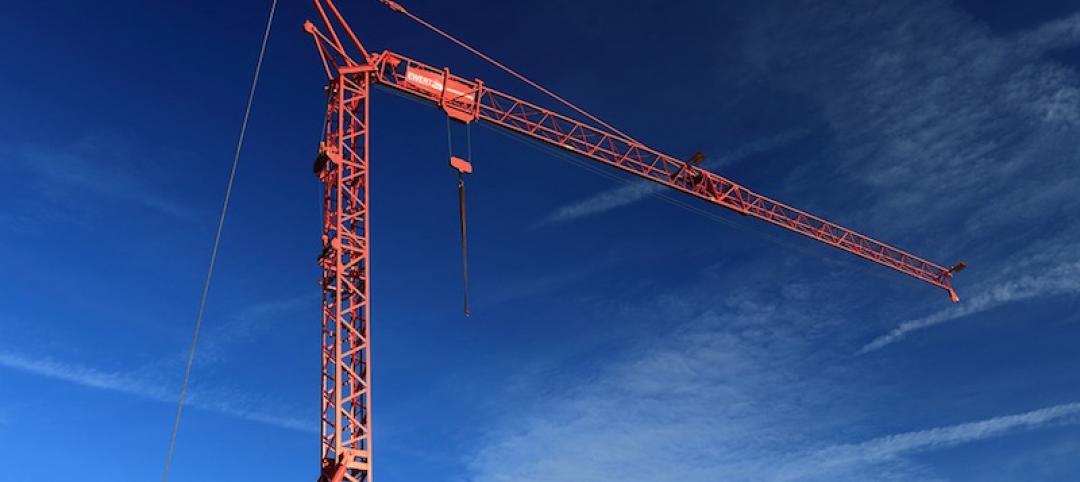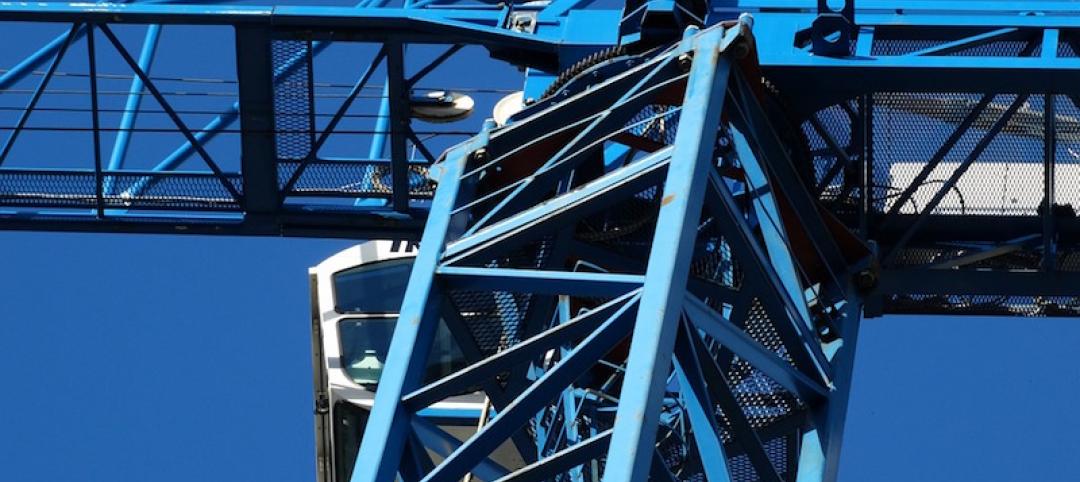According to the International Energy Agency (IEA), buildings and the construction sector combined are responsible for nearly 40% of total direct and indirect CO2 emissions.
Emerging technologies are making it possible to mitigate that impact by turning buildings into power plants, a concept called building-integrated solar power (BIPV). Rack-mounted PV arrays on rooftops are the most common way to generate solar power on buildings, but this solution has some drawbacks.
Some consider rack-mounted PVs as eyesores, particularly when considered for historic buildings. This can be a barrier to wider adoption in urban architecture.
Other options including monocrystalline solar panels, dye-sensitized solar cells, and perovskites make it possible to alter the color of solar power generating cells. This makes them more attractive than conventional PVs and suitable for use on facades and walls. In some formulations, these materials can be made semi-transparent so that they can be used for fenestration.
Related Stories
Codes and Standards | Sep 25, 2017
How-to guide to renovating shopping centers available
E.U. research project focuses on energy efficiency and occupant comfort.
Codes and Standards | Sep 21, 2017
After construction crane collapses during Irma, regulations questioned
Cranes rated for 140 mph winds didn’t hold up to 100 mph gusts.
Codes and Standards | Sep 20, 2017
Energy efficiency measures pay off in some not-so-obvious ways
Access to better financing, tax incentives, rent premiums, among the benefits to greener buildings.
Codes and Standards | Sep 19, 2017
Benchmarking regulations prompt jump in green certified properties
2016 saw a slight rise in total certified U.S. green office space.
Codes and Standards | Sep 18, 2017
Changes likely to come to federal wetlands regulations
However, states may step up regulations as feds relax them.
Codes and Standards | Sep 14, 2017
Gentrification means a new mindset for city planners
Rising rents elicit reexamination of zoning principles.
Codes and Standards | Sep 13, 2017
OSHA issues extension for compliance with crane operator certification requirements
Comments on proposed rule sought through Sept. 29.
Codes and Standards | Sep 12, 2017
Washington, D.C. is first LEED Platinum city in the world
All city government buildings are powered by renewables.
Codes and Standards | Sep 11, 2017
Natural solutions would be most effective flood resilience policies for Houston
New green infrastructure should be part of rebuild.
Codes and Standards | Sep 8, 2017
Los Angeles luxury high-rise is first U.S. apartment building to achieve WELL Multifamily certification
Hollywood Proper Residences have verified indoor air and water quality features.
















